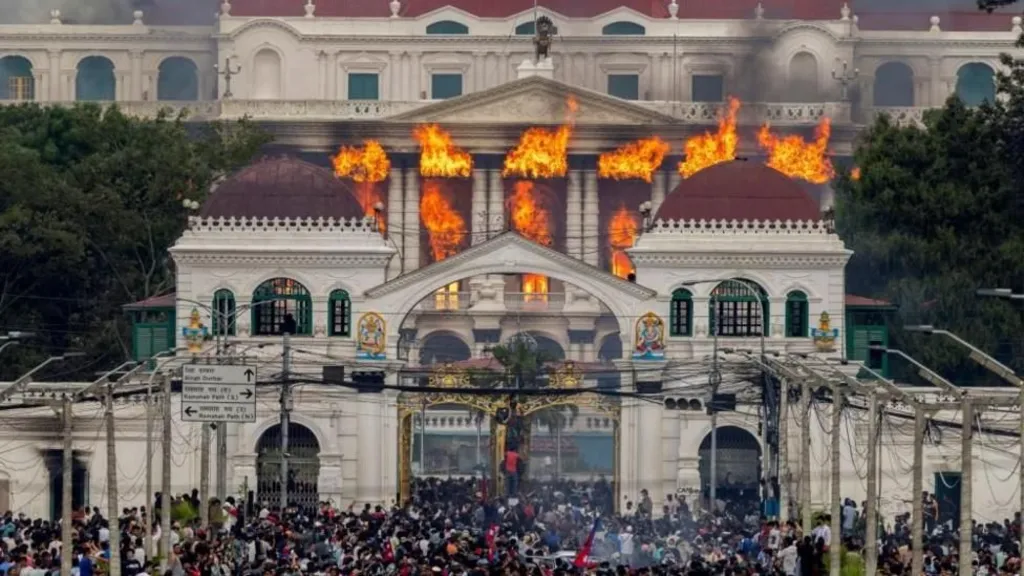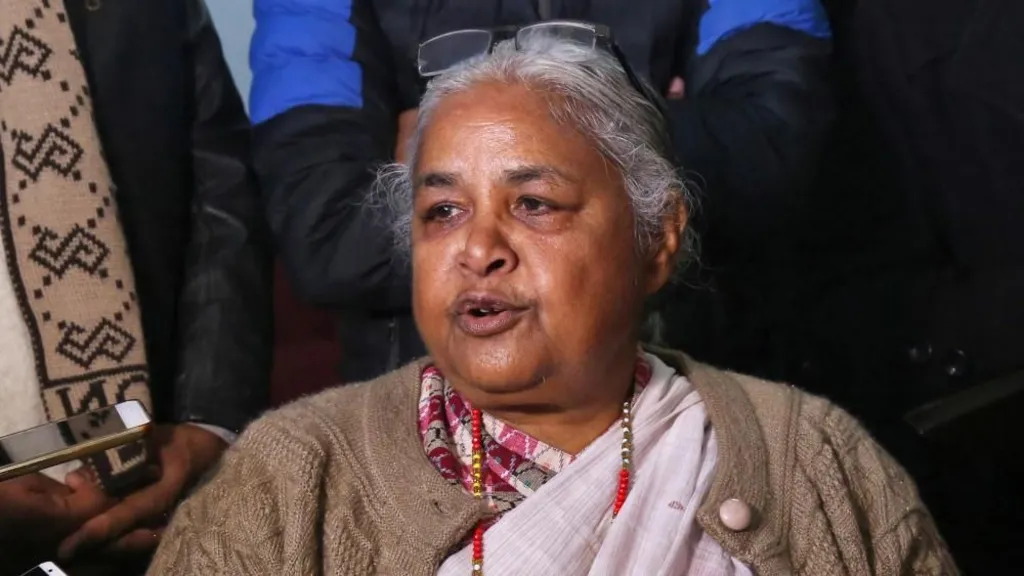What happens when a government tries to silence its critics online?
In Nepal, it triggered an uprising powerful enough to topple the prime minister.
It elevated a former Supreme Court chief justice to the top job.
Sushila Karki, 73, is set to become Nepal’s first female prime minister after deadly protests forced KP Sharma Oli to resign.
More than 50 people were killed in clashes with riot police as anger over a sweeping social media ban exploded into full-blown fury.
By the time the government reversed the ban, it was too late — crowds had torched parliament buildings and seized control of Kathmandu’s political heart.
President Ram Chandra Poudel confirmed that Karki will be sworn in on Friday evening after an agreement with protest leaders.
Legal scholars were brought in to give the plan legitimacy, and parliament itself is expected to dissolve soon.

Why Karki?
She’s widely seen as incorruptible and is backed by student activists from Nepal’s so-called “Gen Z” movement.
“People see her as clean and steady,” one student leader said.
With army patrols still on the streets and the country’s political elite on the back foot, Nepal’s interim government now faces the challenge.
Turning street-level rage into real reform. And avoiding a repeat of this week’s chaos.





